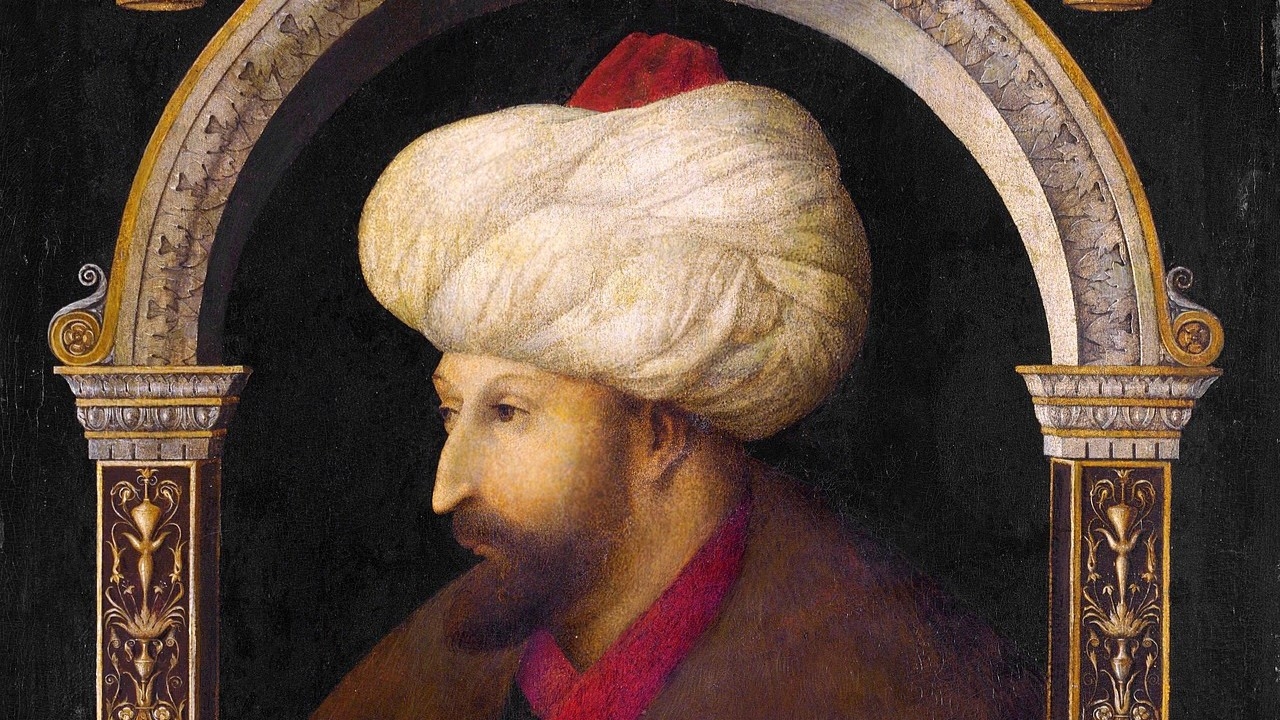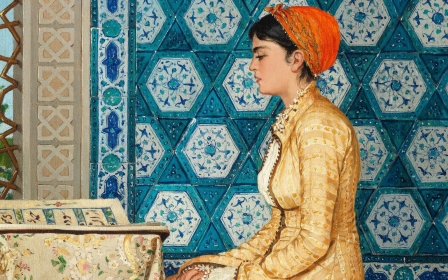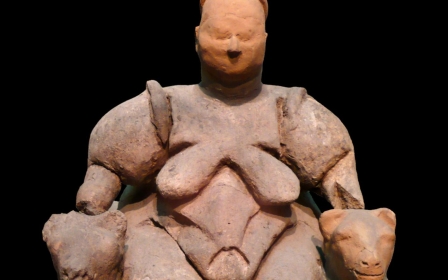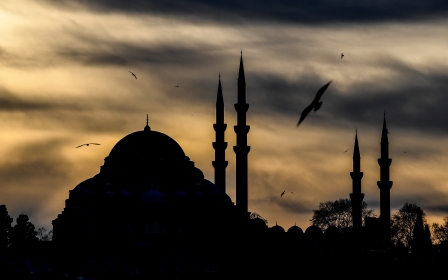Quiz: How well do you know Turkish history?

The land that we now call Turkey is home to some of the oldest remnants of civilisation ever found, and the ruins at Catalhoyuk contain evidence of a flourishing society that existed more than 9,000 years ago.
Together with other parts of the Middle East, such as Iraq and Syria, the region is known as the "birthplace of civilisation" and it was here that humans first made the transition from a hunter-gatherer lifestyle, to an agricultural and ultimately urban way of living.
In the thousands of years that followed, different civilisations came and went, each leaving their mark on the region. Anatolia was home to a number of ancient peoples, including the Hittites, Greeks, and Iranian tribes before the establishment of Christianity.
When the Romans adopted Christianity under Emperor Constantine, the region became central to the faith's development, hosting a number of councils that helped define the belief system as we know it today.
Later came Islam, first in the form of Arab incursions from the south and later through invasion and settlement by Turkic tribes. One of these groups, named the Ottomans after their patriarch, Osman, ruled the region for centuries.
New MEE newsletter: Jerusalem Dispatch
Sign up to get the latest insights and analysis on Israel-Palestine, alongside Turkey Unpacked and other MEE newsletters
A hundred years ago, the reign of the Ottomans came to an end, and a republic was set up under the command of Mustafa Kemal, later called Ataturk by the Turks.
In this quiz, Middle East Eye puts your knowledge of Turkey's vast history to the test.
Middle East Eye delivers independent and unrivalled coverage and analysis of the Middle East, North Africa and beyond. To learn more about republishing this content and the associated fees, please fill out this form. More about MEE can be found here.




